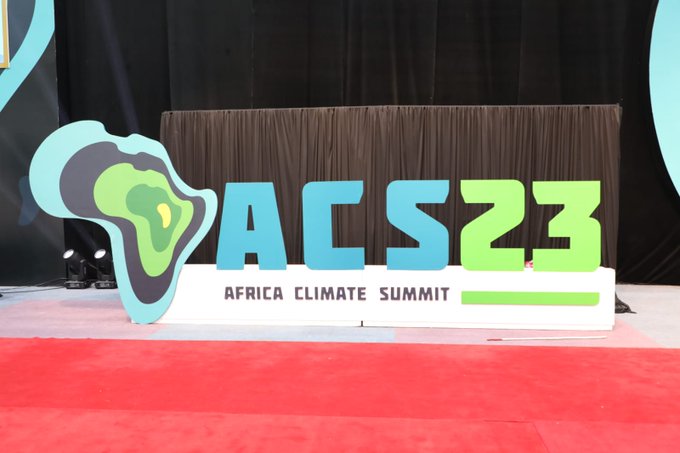
The just concluded African Climate Summit was held in Kenya, and as expected, significant plans were made to get Africa to the net zero emission goal by 2040. However, questions are arising, especially on how marginalized communities are involved, the issue of Western dominance in African Climate issues, and the exclusion of key parties in the ACS23.
The African Climate Summit Non-State Actors (ACS-NSA) raised the above concerns, blaming the organizers of the continent event. ACS-NSA cited the lack of a proper consultation process, which they deem a deliberate mistake by the organizers.
This includes the exclusion of African parliamentarians, whose input is key as the lawmaker of their respective nations.
Environmental experts argue that the ACS23 focused more on market-based solutions and transnational corporations’ inclusion. Concentrating on such factors does leave the rights of Africans and the environment neglected.
As a result, carbon markets are under scrutiny, with many criticizing their adverse effects on the environment. The transparency of the carbon finance income is also in question, considering Africa’s corruption rates.
Undoubtedly, the 4th-8th Summit and Africa Climate Week were a success despite the discussed concerns with the preparation. The implementation stage, however, is in question considering the planners’ Kenya Environment Ministry approach, which is the opposite of the 40-20-40 rule.
Nonetheless, there were many positive takeaways from the concluded ACS 2023, with Kenya’s president, William Ruto, getting much praise for organizing the event. Together with other African leaders, Dr.William Ruto must follow due process to ensure the respective shareholders benefit. This also includes prioritizing the environment’s needs, with the primary goal being to reach net zero emissions.


Add a Comment